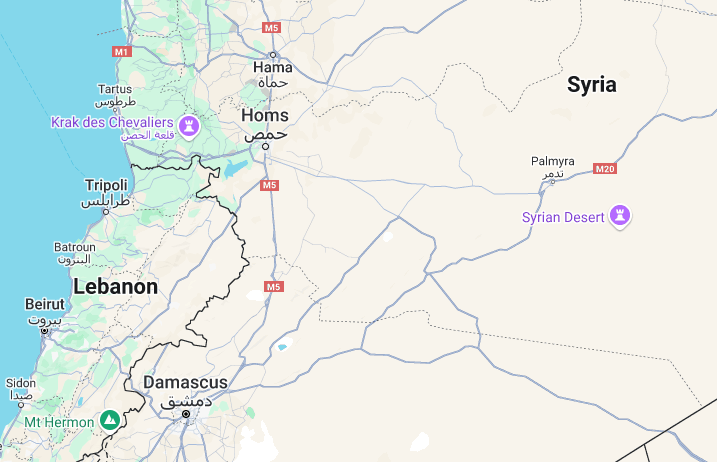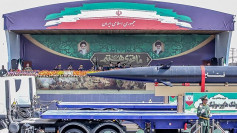Syrian rebels, led by the opposition group Hayat Tahrir al-Sham (HTS), have launched a sweeping offensive that has brought them to the outskirts of Damascus, posing the most significant threat to President Bashar al-Assad's regime in years. In a lightning-fast campaign, the rebels have claimed control over major cities, including Aleppo, Hama, and Daraa, destabilizing the already war-torn nation.
HTS leader Hassan Abdul-Ghani announced the group's progress on social media, stating, "Our forces have begun implementing the final phase of encircling the capital, Damascus." He further declared the "complete liberation" of the southern governorates of Daraa, Suweida, and Quneitra. The group's advance marks a turning point in the 12-year conflict, with rebel forces reaching suburbs just miles from Damascus city center.
The UK-based Syrian Observatory for Human Rights (SOHR) confirmed rebel activity in the Damascus suburbs of Jaramana, Maadamiyah, and Daraya. For the first time since 2018, opposition forces are active in these areas, prompting dramatic scenes such as protesters tearing down a statue of Hafez al-Assad, the late father of President Assad, in Jaramana.
As the rebels tighten their grip, Assad's government has responded with accusations and redeployment. State media reported that Syrian forces have conducted a "repositioning" in the south, claiming to have established a "strong and cohesive defensive and security perimeter" around Damascus. However, residents in rebel-controlled areas reported regime soldiers deserting their posts and donning civilian clothes.
The fall of Homs, Syria's third-largest city, now appears imminent. Strategically located at the crossroads of key supply routes, Homs serves as a critical link between Damascus and Assad's strongholds on the Mediterranean coast. "Once they get Homs, then really Damascus is cut off," said H.A. Hellyer, a senior associate fellow at the Royal United Services Institute, in an interview with NBC News.
The rapid rebel advance has left Assad's forces stretched thin across multiple fronts. Kurdish forces have also seized government positions in eastern cities like Raqqa and Deir Ez-Zour, further straining the regime's resources. Meanwhile, in the south, Jordan has closed its Jaber border crossing due to security concerns, citing the deteriorating situation in neighboring Syria.
Rebel commanders have urged Assad loyalists to defect, promising safety to those who surrender. Ahmed Al-Sharaa, a general command leader for HTS, called on regime soldiers to lay down their arms, stating, "Whoever stays at home, closes their door, and remains silent is safe."
The regime's longstanding allies, Russia and Iran, face challenges of their own that have limited their ability to intervene decisively. Russia, preoccupied with its war in Ukraine, and Iran, dealing with regional instability amid its conflicts with Israel, have seen their influence in Syria wane.
Pro-Assad forces have concentrated their defense efforts in Homs and Damascus. Reports from the SOHR indicate that over 820 people, including 111 civilians, have been killed since the rebel offensive began less than two weeks ago. The escalating violence underscores the fragility of Assad's control and the potential collapse of his government's central authority.
While the rebels' rapid gains have shifted the balance of power, experts warn that the conflict's outcome remains uncertain. "It comes down to how much fighting spirit there is left in this rump of the Syrian army," Hellyer said. "How much they feel they can hold out in terms of support from the the Russians and the Iranians, which hasn't been forthcoming."






